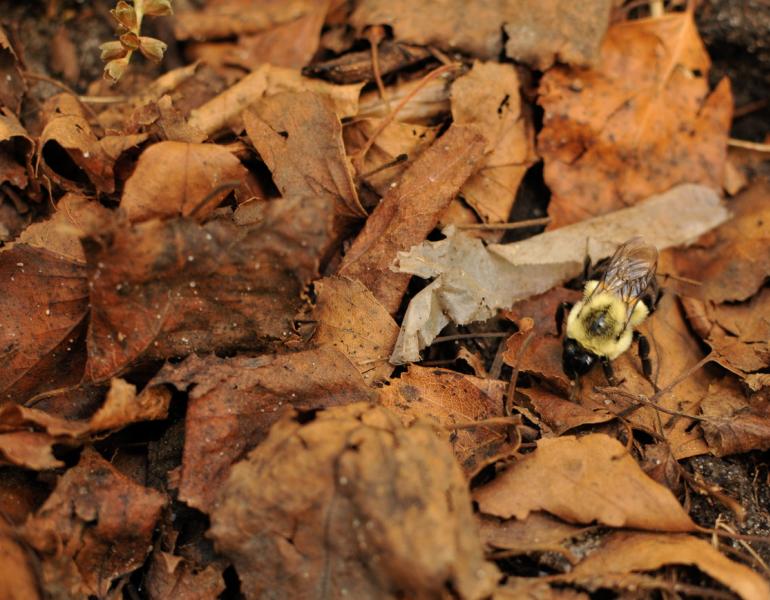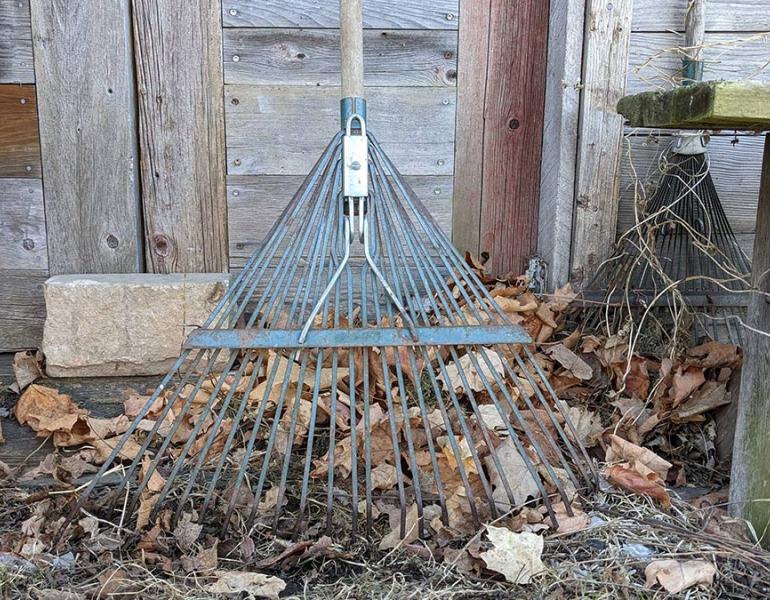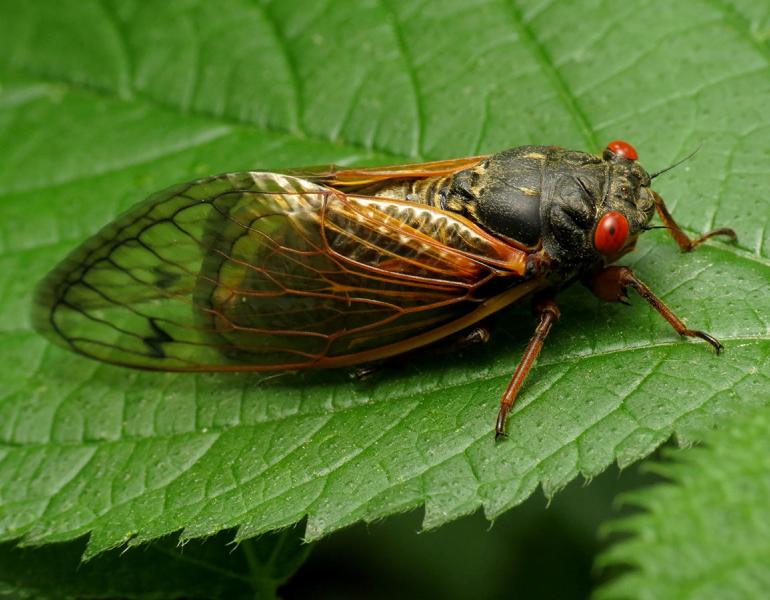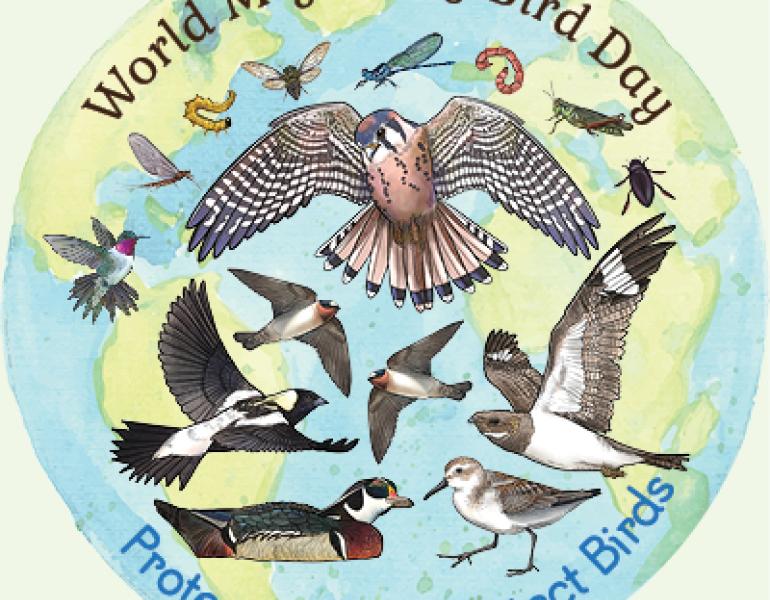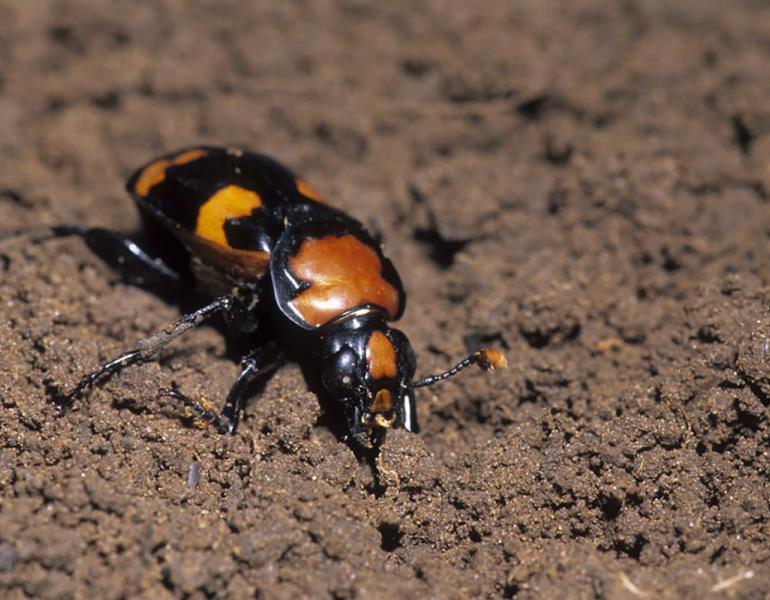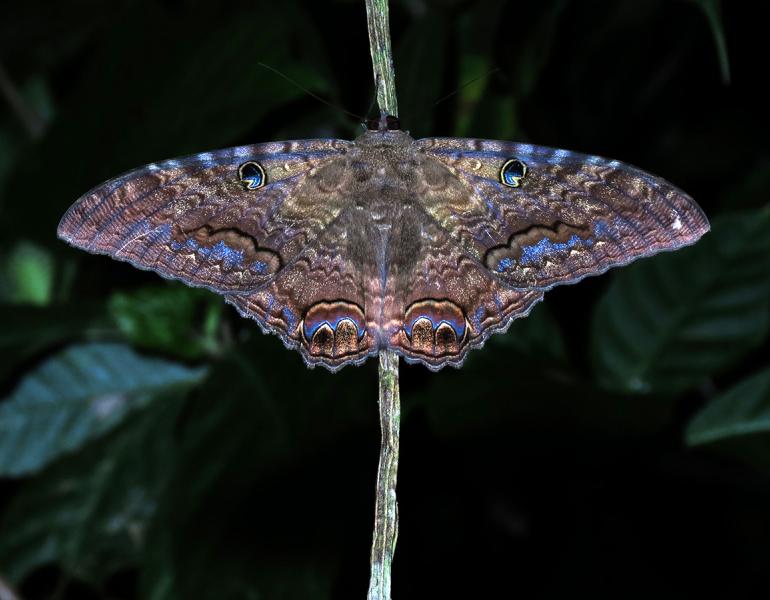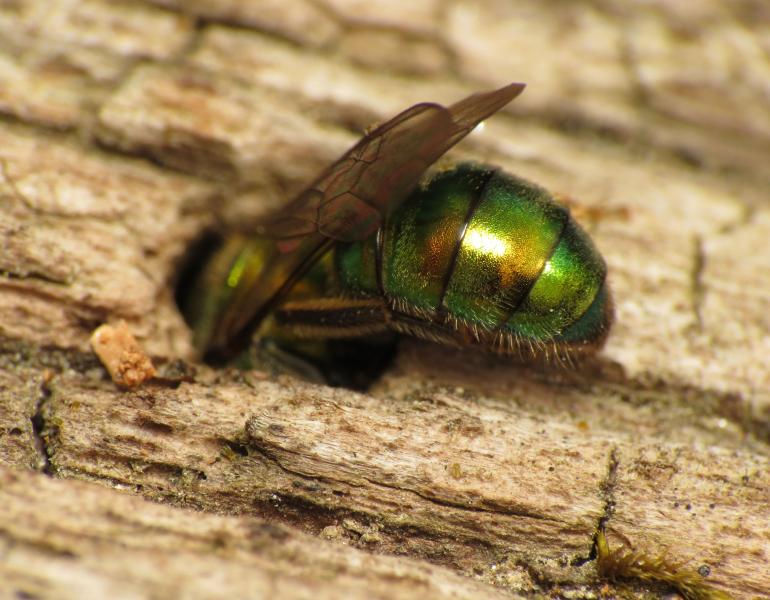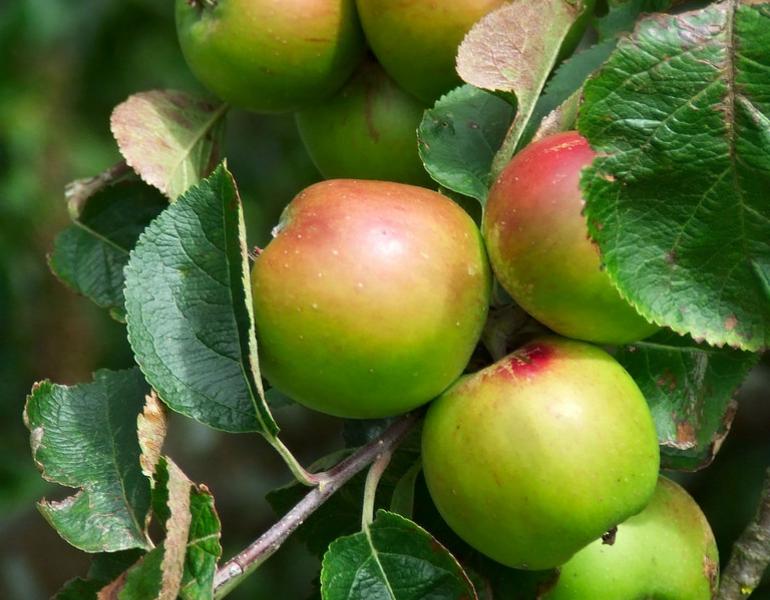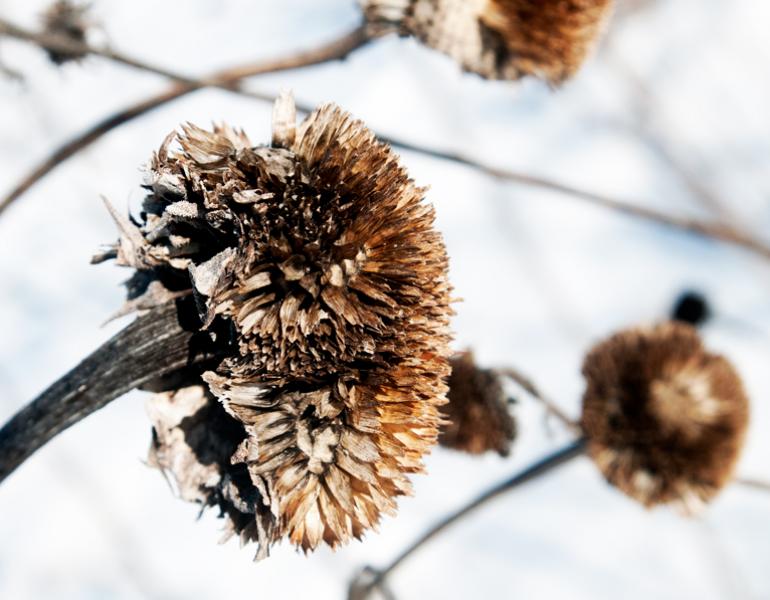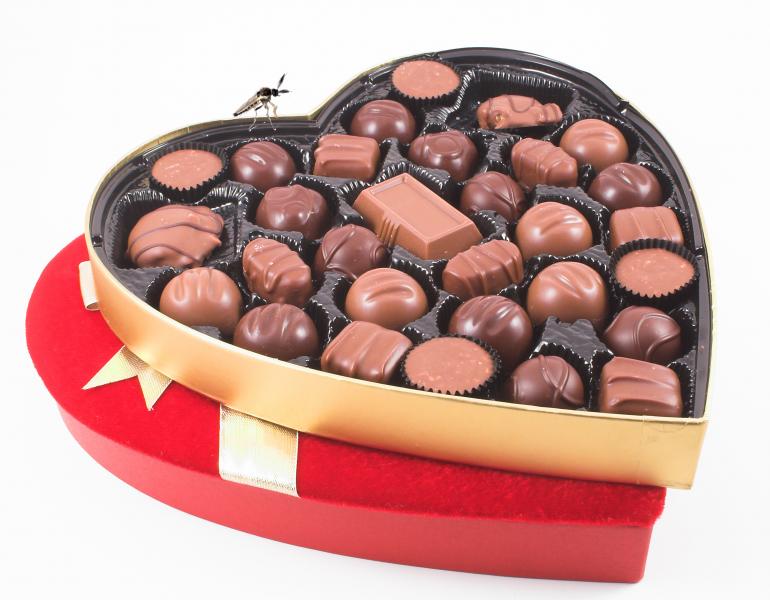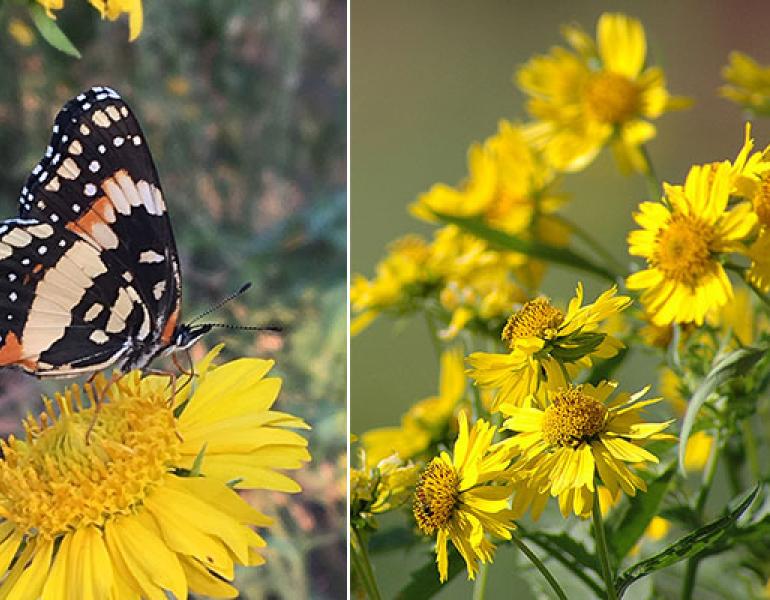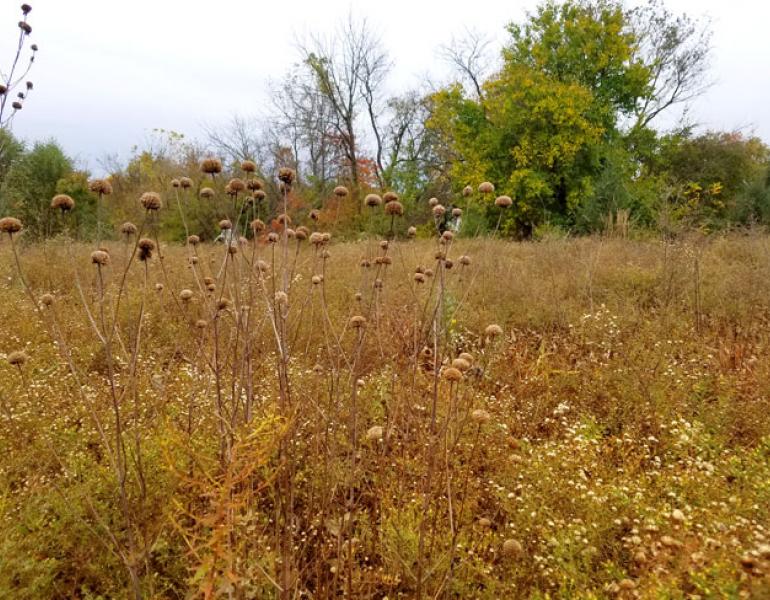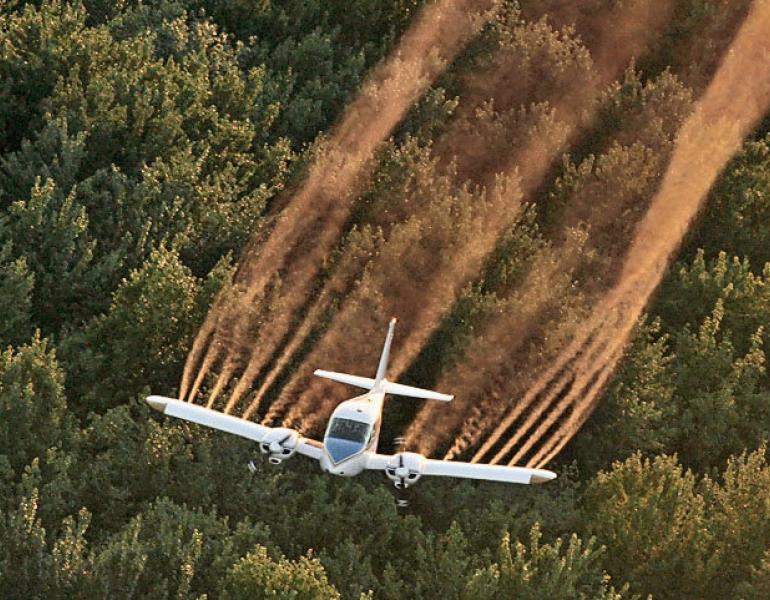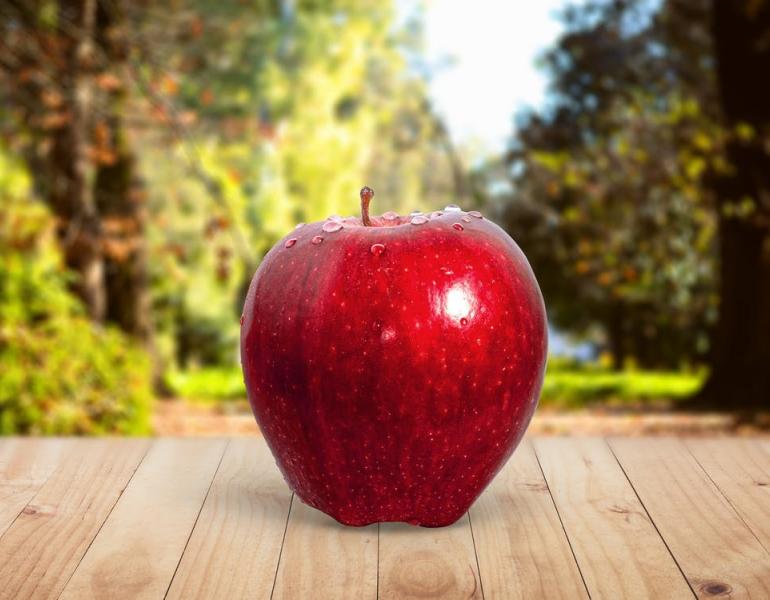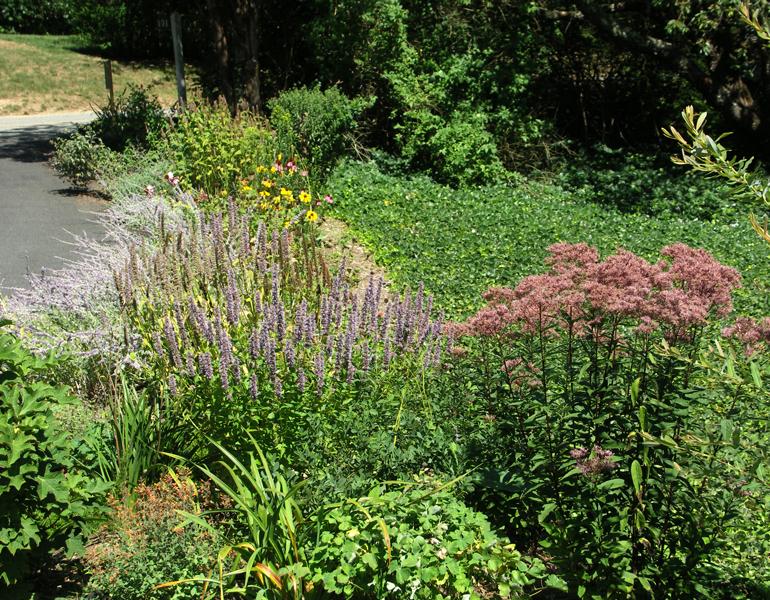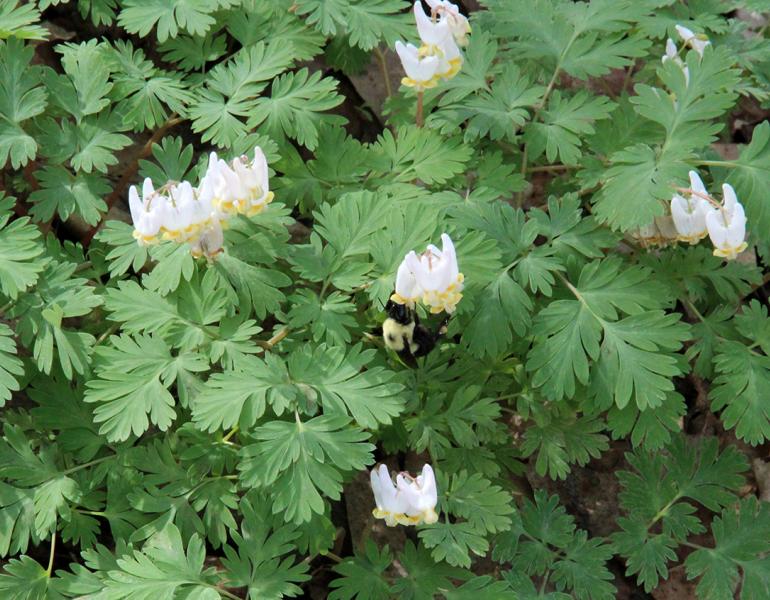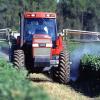This is a chance to take action for the causes that are most meaningful in our hearts. We hope you’ll consider supporting Xerces!
Seasonal and Holiday
Meet the Insects That Pollinate Your Favorite Fall Foods
Let's appreciate the hard work that makes the fall harvest possible.
Leave the Leaves!
One of the most valuable ways to support pollinators and other invertebrates is to provide them with the shelter they need to survive the winter. Thankfully, all you need to do is do less yard work.
For Pollinators' Sakes, Don’t Spring into Garden Cleanup Too Soon!
Early spring garden cleanup can disrupt critical invertebrate habitat and leave pollinators out in the cold. Our guidelines will help you determine when cleaning up won't bug the pollinators in your space.
Loud Bug Summer: All Your Cicada Questions, Answered
We have all the info to help you share the season with these boisterous but harmless bugs!
World Migratory Bird Day: Birds Need Bugs, And Both Need Our Help
Every action we take to save insects from pesticides, or to conserve nesting habitat for birds, helps the other. Together, bird watchers and bug fans can make a healthier world for everyone.
This Beetle Buries the Dead
Burying beetles are experts at detecting the odor of death—and putting it to good use.
Spooky Season: Weird and Wonderful Invertebrates
Spooky season is here! In anticipation of Halloween, we’re featuring a set of wonderful, weird, and sometimes witchy invertebrates. Whether they skitter, dig, slurp, or click, each of these incredible creatures plays an important role in our ecosystems.
Tu BiShvat, the New Year for Trees, Provides a Chance to Support Invertebrates
This ancient tradition fits into modern life—and invertebrate conservation efforts—perfectly. Modern festivities frequently focus on planting ecologically important trees and shrubs—such as pollinator-friendly or butterfly and moth host plants.
Where Do Pollinators Go in the Winter?
Most native bee species will spend the winter in the nests that their mothers provisioned. In fact, just like bears, many pollinators hibernate through the winter—and they may need a little help to survive until spring.
Fall Garden Tips to Benefit Bumble Bees All Year
The growing season may be winding down, but fall is an important time to create habitat. The work you do now will help support overwintering pollinators and the next generation of bumble bees.
Celebrate Invertebrates During National Apple Month
No matter how you obtain your apples—whether you pick them yourself, grab them at the grocery store, or go bobbing for them—it is important to take a moment to remember the pollinators and beneficial insects that make this delicious harvest possible.
What to do While Waiting Out Winter
The waning days of winter may be the hardest - but here are some ideas to keep you occupied until spring returns.
Valentine’s Day: For the Love of Flies
To put it simply, no flies means no chocolate. So don’t forget to give the flies of the world some love!
Autumn Pollinators in Oklahoma
The late season is a flurry of pollinator activity in the Sooner State.
Going Beyond the Bloom: Don’t Be Just A Flower-Weather Friend
There's still plenty to do to restore, protect, and expand habitat in the "off" season!
Planning Ahead for Mosquito Season
Spraying for adult mosquitoes may seem like a quick way to soothe the public’s nerves, but as a strategy for controlling them it’s a blunt and ineffective tool.
Celebrate Apples by Celebrating Their Pollinators!
It's National Apple Month - brought to you by the U.S. Apple Association, and pollinators!
A Mother-and-Son Perspective on a Pollinator Garden
Alice Vaughan wrote a lovely narrative of her bee garden on Cape Cod in Massachusetts. Alice’s son, Mace (who co-directs our pollinator program), added his memories of sharing in the garden.
Wildflowers, Harbingers of Spring
Spring wildflowers are an important first food of the season for pollinators. Jennifer Hopwood discusses the importance of these harbingers of spring.



